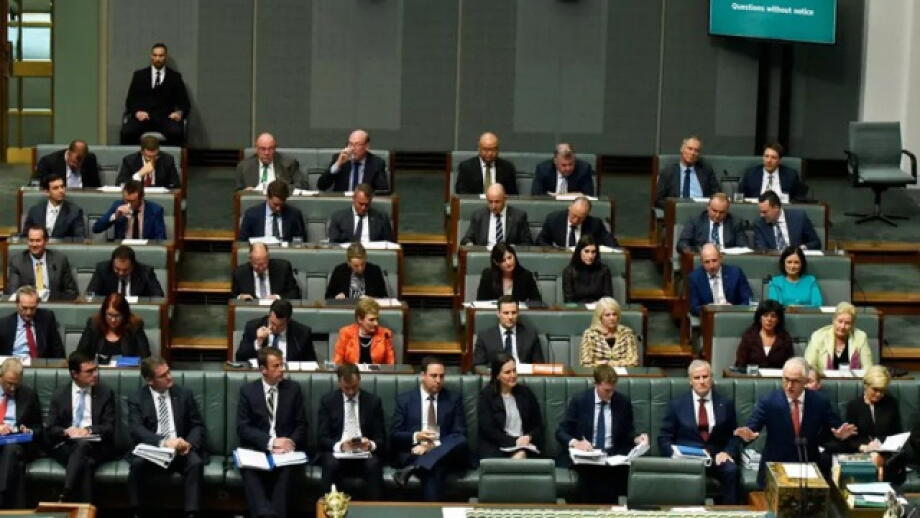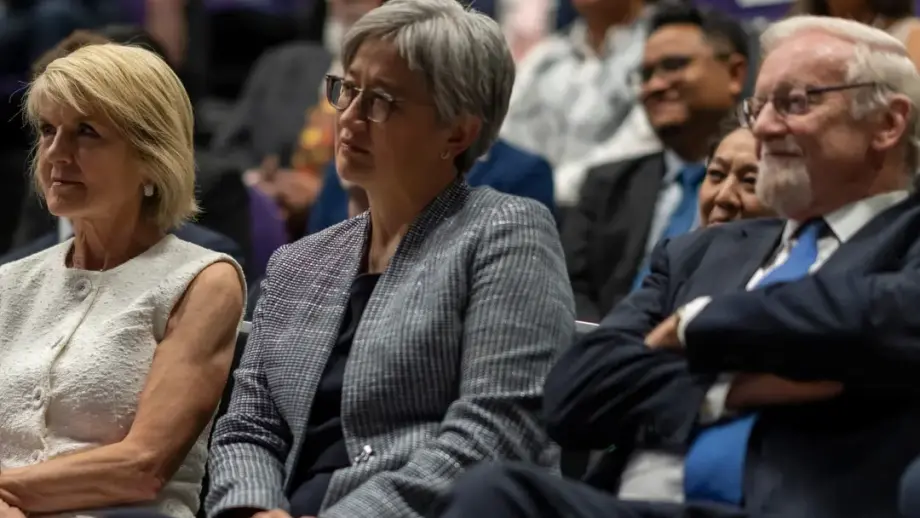One of the most striking results is the high levels of support across all Australians for political parties that demonstrate a vision for more long-term policymaking
81 per cent of Australians agree our politicians generally think too short-term when making decisions, according to our new report.
The Fair Go for All: Intergenerational Justice Policy Survey, an EveryGen report co-authored by Professor Susan Harris Rimmer, Griffith University, Dr Elise Stephenson, The Australian National University (ANU), and Taylor Hawkins, Foundations for Tomorrow, finds three quarters of those surveyed think visions for the next 10-20 years are given too little emphasis in the political debate.
Survey participants call for a move away from this short-termism towards a more intergenerational approach to policymaking. 97% of respondents believe that policies in the present day need to take into account the interests of future generations, and 79% say we should establish a Commissioner for Future Generations (or similar) to safeguard intergenerational justice in policymaking.
"One of the most striking results is the high levels of support across all Australians for political parties that demonstrate a vision for more long-term policymaking,” Dr Stephenson said.
“This should give political parties of all stripes the confidence that long-term, intergenerational policymaking is a no-brainer and a 'win-win' for governments and the public alike.”
The survey was conducted in February 2024 and draws on responses from 1,000 people across Australia.
The results show healthcare, improved wellbeing for children and youth, and more jobs are among the top priorities for participants in the coming decades. Concerningly, top policy priorities like the AUKUS security agreement with the UK and USA, artificial intelligence and climate action are the policy domains Australians are least optimistic policymakers have the skills and knowledge to make long-term policy on.
Australians across different demographics had relatively consistent views on long-term policymaking, however there were some key differences.
“Young people have a more positive view of policymakers’ skills and knowledge than older generations,” Dr Stephenson said.
“Older generations tend to rank health a higher policy concern than young people. Women are much more likely to care about healthcare and wellbeing for children and youth than men are.”
According to the researchers, the results show a clear appetite for a future-ready approach to leadership and policymaking.
“There is an undeniable demand for leaders to take bold and courageous action to redefine our political approach,” co-author Taylor Hawkins, Managing Director of Foundations for Tomorrow said.
"Long-term thinking in leadership and policymaking is not a 'nice-to-have' or a box to tick. It is a powerful tool that can unlock dividends across society, leading to a healthier, more secure, sustainable, cohesive and prosperous future for all Australians”.
The researchers call for policymakers to take clear action towards intergenerational policymaking. Some recommendations from the report include improvements to the intergenerational reporting, establishing a body to independently evaluate legislation against intergenerational justice and introducing a Budget Statement for Future Generations.
The report has gained support from the likes of June Oscar AO, Wiyi Yani U Thangani Institute, ANU, Sophie Howe, former Commissioner for Future Generations in Wales, and Sophie Scamps MP, who states:
"Short-term, siloed decision making is driving burgeoning intergenerational inequality in Australia and is at the root of current crises here such as the housing and environmental crises. Countries like Wales have addressed this fundamental flaw by establishing a Commissioner for the Wellbeing of Future Generations, backed up by wellbeing legislation, to hard wire long-term thinking. Young people and future generations should not be left to carry the burden of poor decisions made today. I will be advocating strongly for the Australian federal government to adopt a similar Wellbeing of Future Generations Act to embed a model of wholistic, long-term decision making here."
Professor Susan Harris Rimmer added: “Futures are created by choices made today. We need to make sure we are thinking carefully about those choices in Australia.”
Contact
Elise Stephenson
Deputy Director
Climate change, Intersectionality & identity, Politics & international affairs, The space sector, Youth engagement
You may also like
What is stopping politically engaged women from running for politics – and how can we fix it?
In March, we collaborated with Women for Election (WFE) on a new research survey to explore what is preventing women from greater participation in politics.
Women could hold keys to election win
Women could hold the keys to the Lodge and election victory this Saturday, with new analysis from The Australian National University (ANU) showing female voters are three times more likely than men…
Democracy Sausage: The face of the nation
Elise Stephenson from the ANU Global Institute for Women’s Leadership joins us to ask who gets to represent Australia on the world stage?





